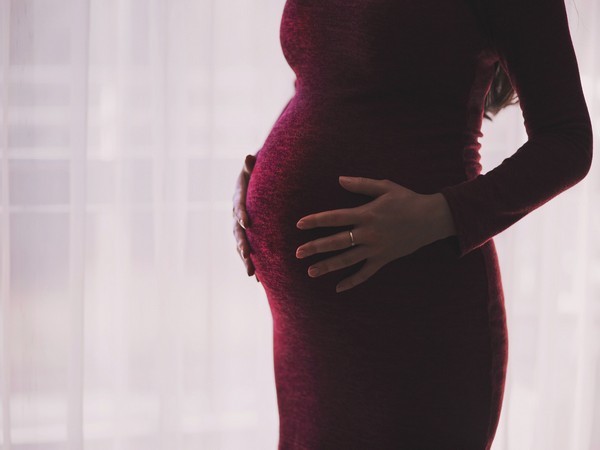Researchers from two leading institutes have devised a model to determine fetal age during the second and third trimesters in Indian women.
Dubbed Garbhini-GA2, the formula has shown a remarkable reduction in error by nearly three times, offering a more precise estimation of fetal age crucial for optimal pregnancy care and accurate delivery date determination.
The traditional formula for determining gestational age (GA) in Western populations often proves inaccurate when used for later stages of pregnancy in the Indian population, primarily due to variations in fetal growth.
Jointly developed by researchers from the Biotechnology Research and Innovation Council – Translational Health Science and Technology Institute (BRIC-THSTI) in Faridabad and IIT Madras, the Garbhini-GA2 model has been a significant breakthrough.
Under the GARBH-Ini program, the research utilized data from Gurugram Civil Hospital, Haryana, and an independent cohort in South India for initial validation. The genetic algorithm-based Garbhini-GA2 model surpassed existing models, substantially reducing the median error in gestational age estimation.
Published in Lancet Regional Health Southeast Asia on February 13, the study highlights the potential impact of the Garbhini-GA2 model on improving pregnancy care outcomes, especially for women undergoing their first ultrasound in the second and third trimesters.
The application of this Indian population-specific model holds promise for enhancing pregnancy care, thereby improving outcomes and reducing maternal and infant mortality rates in the country.
Supported by the Department of Biotechnology (DBT), Govt of India, through the GARBH-Ini program, funding also came from the Grand Challenges India program of Biotechnology Industry Research Assistance Council (BIRAC), DBT, Govt. of India, the Robert Bosch Centre for Data Science and Artificial Intelligence (RBCDSAI), and the Centre for Integrative Biology and Systems Medicine (IBSE), IIT Madras.
Dr. Shinjini Bhatnagar, the principal investigator of the GARBH-Ini program, stressed the importance of enhancing gestational age accuracy to mitigate adverse pregnancy outcomes.
“Improving the GA accuracy is a critical component of the broader goals of the Garbhini study, which aims to reduce the adverse pregnancy outcomes. The mere application of sophisticated data science tools is not sufficient without addressing a specific clinical need,” Dr Bhatnagar said.
Dr. Himanshu Sinha, leading the data science efforts at IIT Madras, highlighted the institution’s commitment to leveraging advanced data science and AI/ML techniques to enhance public health in India.
Dr. Rajesh Gokhale, Secretary, DBT, said: “Garbh-Ini is a flagship programme of DBT, and the development of these population-specific models for estimating gestational age is a commendable outcome. These models are being validated across the country.”














